Our history
100 years JÜRGING - Stations of a family business
1923
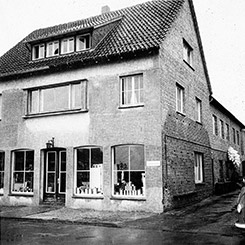
Gustav Jürging founded the company and started with the distribution of natural casings. Only a few years after the First World War, he offers sewn hog casings and dried hog bladders to a steadily growing customer base in his workshop in Gütersloh. Today, the internationally active company is one of the leading suppliers of high-quality natural casings.
1938
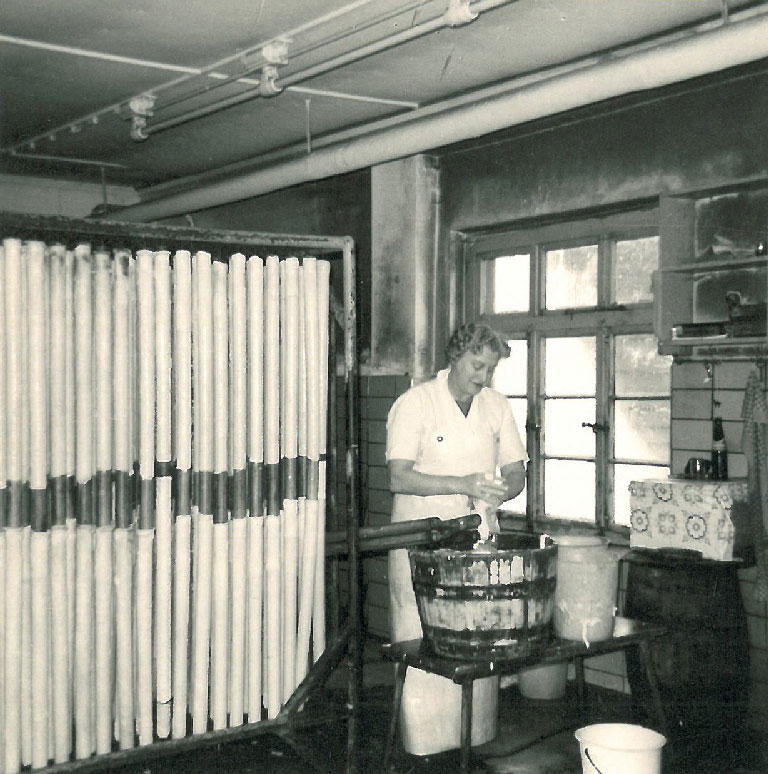
after Gustav Jürging's death, his wife Mathilde takes over the management of the company with their two sons Karl and Erich. During these years the product range is extended by butchery supplies such as machines, knives, spices and canned food. With the additional assortment, the JÜRGING company sees itself already in this early phase as a competent supplier and contact partner for its customers.
from 1939 to 1945
the Second World War prevents further development of the company, as in many other areas of the German economy.
after 1945
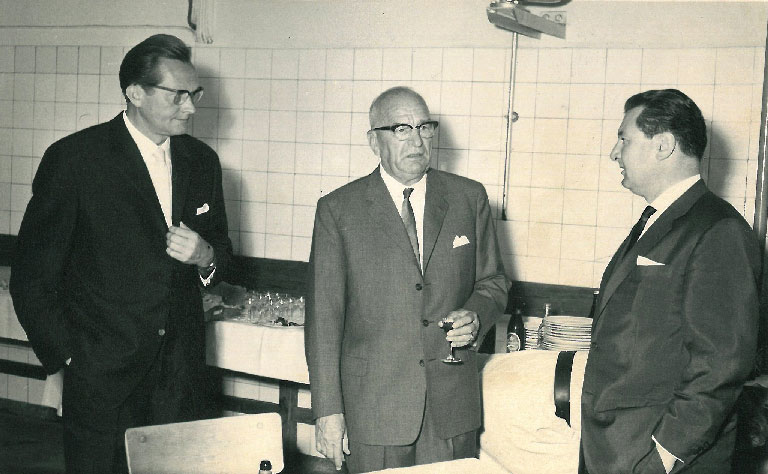
Karl Jürging continues the business on his own, as his brother Erich is regarded as missing. With a reduced product range Karl concentrates again on the core competence "natural casings". In times of reconstruction and the economic miracle, this enjoys a growing product variety. So already at this time an extensive range of natural casings is offered.
1954
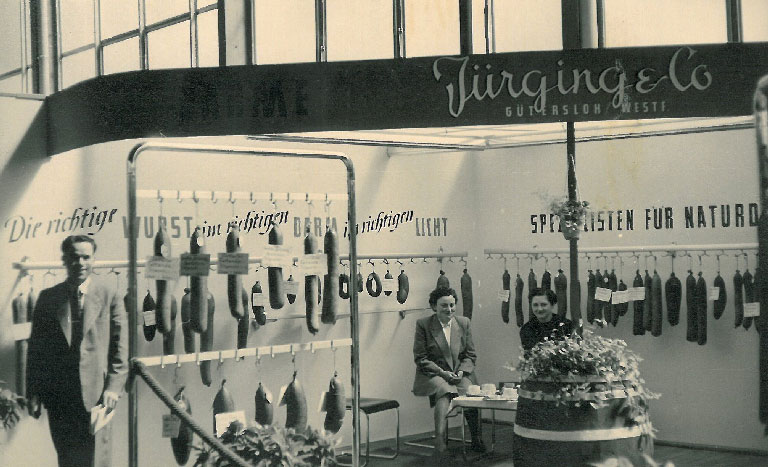
Karl Jürging continues to expand the international trading business. Thus, he takes over the company Bergé, which is authorized to handle import and export business. This puts the company in a position to resume trade relations at an early stage shortly after the end of the war. Thus, a steadily growing and reliable network of international partners and contacts is gradually established.
1957
the senior citizen Mathilde Jürging dies. In the same year, Erich Jürging, still missing in the war, is declared dead
1960
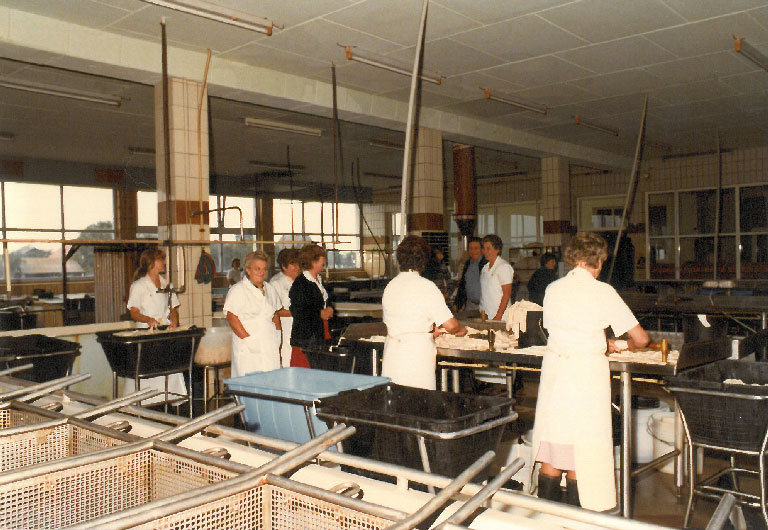
expansion of production capacities through the construction of a further plant in Salzkotten near Paderborn. There, natural casings, especially for the American market, are professionally sorted and packaged in the company's own natural casing sewing shop.
1965
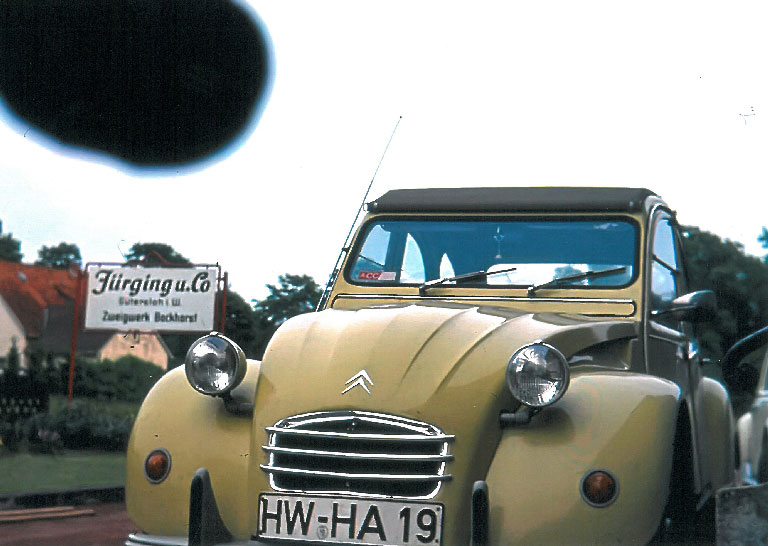
Karl Jürging tragically dies at the age of 50 on a business trip in a plane crash.
His sons Reiner and Peter then take over responsibility for the now internationally oriented company. The brothers intensify and strengthen the relationship with customers and suppliers, expand the business and open a new plant in Bockhorst/Versmold.
since 1990
Jürging establishes further brands in addition to the premium range "nova ess" and expands the range under the direction of Andreas Jürging with "PRIMOnaht", "PRIMOpur", "PRIMOwell" and "PRIMOform" In 2005 "EUROSTAR" is introduced to the market as a supplement with a product range for the high demands of the European sausage market.
1993
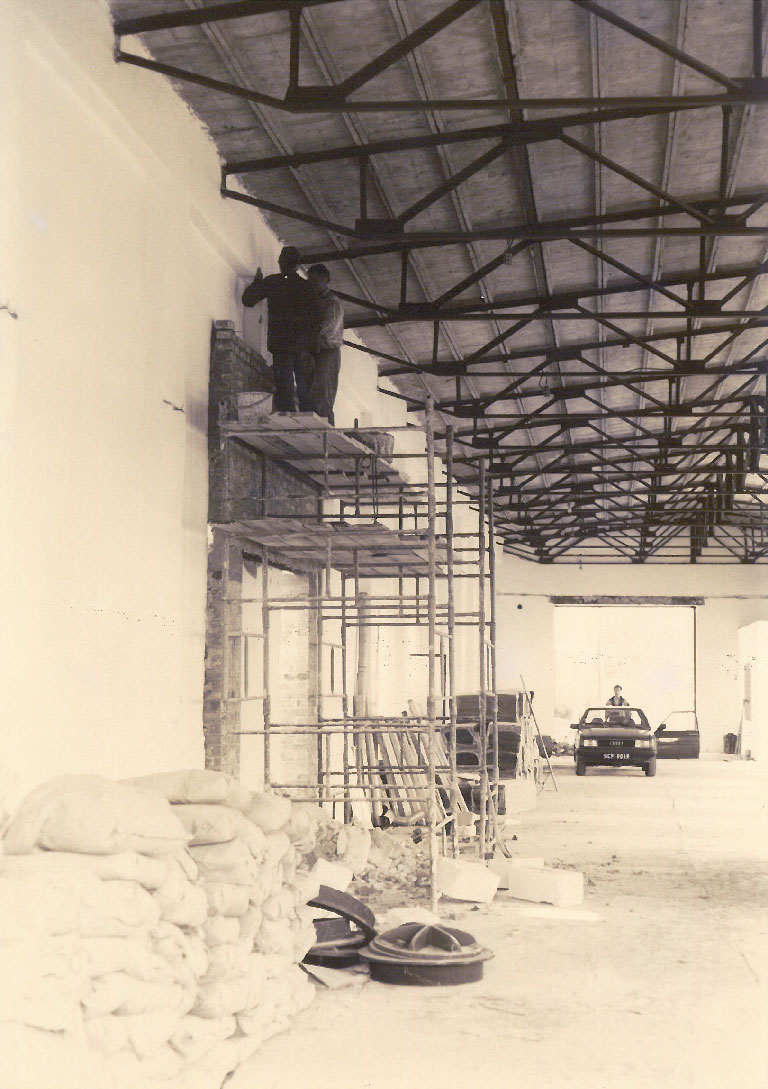
Jürging established a company plant in Gryfino, Poland, for the production of stitched and laminated fat ends and today also produces "tubed" hog and sheep casings to customer specifications.
1995
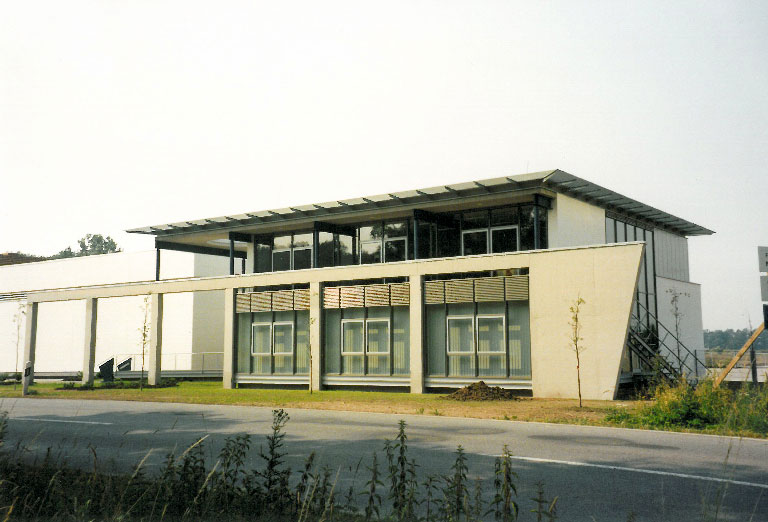
relocation of the company the new administration with large storage capacities in Versmold-Bockhorst . This carefully chosen location on the existing premises offers not only the immediate proximity to many customers, but also better transport connections to serve customers worldwide faster.
2003
acquisition of Ernst Groth GmbH & Co KG, Duisburg, founded in 1938 and continuation of the company under the name Groth Naturdarm GmbH & Co KG.
2013
2018
Reiner and Peter Jürging retire. For almost 50 years they have played a main role in the development and expansion of the company.
today
JÜRGING Natural Casings with Andreas and Patrick at the top and supported by a competent team offers a wide range of products which is unrivalled on the German market. Already by tradition, the company is always been close to its customers with its products and has been convincing for decades with high-quality raw materials, processed by qualified specialists in its own production facilities. The company regularly meets the strict and cost-intensive requirements of FSSC 22000. JÜRGING thus also makes a reliable contribution to the safety of its customers' production when employees reach their limits. After times of emerging displacement by artificial casings, the natural casing is now again a sought-after product. Stinginess is no longer so hot, the consumer is once again attaching greater importance to high-quality products, preferably from regional production. Handcrafted sausage products convince the consumer, even or especially in modern times, through quality and enjoyment. Here the natural casing offers not only a natural look but also a support for the natural taste of the end product. Ultimately, the natural casing is and remains the only natural packaging for sausage products.
